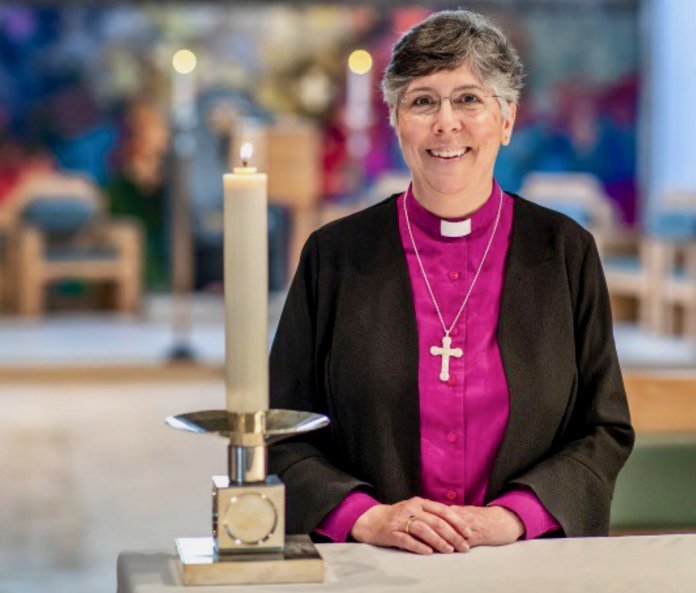When legislation comes to the House of Lords, peers are tasked with revising and improving it by asking the question: “How can we make this bill better”? The Safety of Rwanda Bill, which will come before the Lords today for a second reading, has led many of us to ask a more fundamental question: “How can we make sure that we are better than this?”
The Rwanda Bill is unprecedented in asking parliamentarians to substitute the judgment of our highest court with the Government’s own assessment that Rwanda is safe for asylum seekers, even though this is contrary to the current facts on the ground. By legislating that every domestic decision-maker must treat Rwanda as safe, the bill not only ignores the recent evidential assessment by our judiciary, but leaves some of the world’s most vulnerable people without any suspensive legal remedy against their removal from the UK.
Have we not lost touch with our humanity if we choose to contravene international law in this most extraordinary manner, for the purpose of transporting people, many of whom have been through traumatic and unspeakable experiences, thousands of miles away, without even hearing their asylum claims?
Exposing asylum seekers to a potential risk of refoulement to their home countries where they may go onto face torture or serious mistreatment from which they had once fled, is not something that can ever be rectified. Preventing our domestic courts from considering this risk through an Act of Parliament will leave a vulnerable group, almost entirely unprotected by law, from the actions of the government. This is an abdication not only of commitment to our international obligations but of our role in promoting the rules based order which upholds the rights of refugees across the globe.
It is extremely concerning that the Safety of Rwanda Bill implies human rights are discretionary, somehow no longer universal but only to be enjoyed by those outlined in domestic law. The fundamental truth that every person is deserving of rights is at the heart of the Christian faith, based on the principle that every person is made equally in the image of God.










